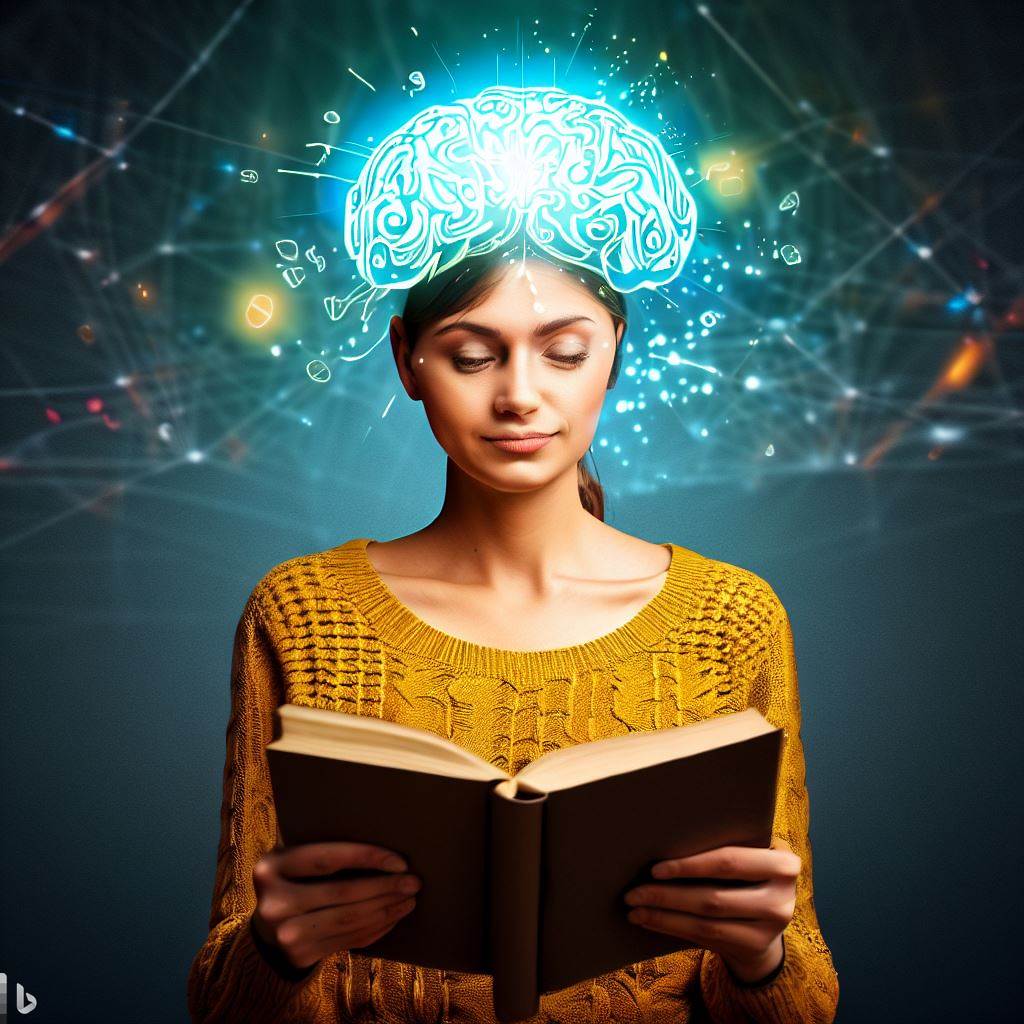
The life of an entrepreneur can be as thrilling as it is challenging. Whether you’re a budding start-up founder or a seasoned business veteran, continuous learning is crucial. There’s no better way to gain insights and valuable knowledge than by diving into the minds of business experts who’ve already tread the path. In this article, we present the top 15 must-read books for every aspiring entrepreneur.
1. “The Lean Startup” by Eric Ries
Eric Ries’s “The Lean Startup” is a cornerstone text for anyone looking to start a business in the modern world. The book presents a scientific approach to managing startups and introduces the concept of Lean Startup methodology that has revolutionized the business world.
2. “Zero to One” by Peter Thiel
The next book on our list is “Zero to One” by Peter Thiel. Thiel is a venture capitalist and co-founder of PayPal. His book encourages entrepreneurs to focus on creating something entirely new, breaking the status quo, rather than merely improving existing systems.
3. “The $100 Startup” by Chris Guillebeau
Chris Guillebeau’s “The $100 Startup” is an excellent book for those who believe that starting a business requires huge capital. The book showcases several examples of individuals who started successful businesses with minimal resources.
4. “Think and Grow Rich” by Napoleon Hill
This classic by Napoleon Hill delves into the mindset required to achieve wealth and success. Hill interviewed over 500 successful people, including Andrew Carnegie and Henry Ford, to derive the principles of success highlighted in “Think and Grow Rich.”
5. “The Hard Thing About Hard Things” by Ben Horowitz
In “The Hard Thing About Hard Things,” Ben Horowitz, the co-founder of Andreessen Horowitz, shares hard-earned wisdom on building and running a startup. This book offers real-world advice and tackles tough issues that many others gloss over.
6. “Good to Great” by Jim Collins
“Good to Great” by Jim Collins dissects how average, even struggling companies can become great. Collins and his team undertook rigorous research to identify key determinants of a company’s success.
7. “The E-Myth Revisited” by Michael E. Gerber
Michael E. Gerber’s “The E-Myth Revisited” is a must-read for small business owners. Gerber tackles the myths about starting a business and provides a guide for its various stages, from inception to growth.
8. “Rich Dad Poor Dad” by Robert Kiyosaki
“Rich Dad Poor Dad” by Robert Kiyosaki is a great financial literacy book. Kiyosaki stresses the importance of financial education, investment opportunities, and building wealth through business ownership.
9. “The Four Hour Work Week” by Timothy Ferriss
Timothy Ferriss’s “The Four Hour Work Week” is a game-changer for those looking to escape the 9-5 grind. Ferriss offers practical tips to live an enjoyable life while making a good income.
10. “Crushing It!” by Gary Vaynerchuk
In “Crushing It!”, Gary Vaynerchuk illustrates how entrepreneurs can leverage the power of the Internet and social media to grow their businesses. He provides success stories, insights, and practical advice.
11. “The Innovator’s Dilemma” by Clayton M. Christensen
“The Innovator’s Dilemma” by Clayton M. Christensen is a thought-provoking read for entrepreneurs hoping to disrupt industries. The book explains why even well-managed companies with good practices can lose their market leadership when confronted with disruptive technologies.
12. “Start with Why” by Simon Sinek
Simon Sinek’s “Start with Why” revolutionizes the way we understand business and leadership. Sinek argues that the most successful organizations always start by asking ‘Why?’ This simple yet profound inquiry helps companies stay true to their mission and inspire others.
13. “Outliers” by Malcolm Gladwell
“Outliers” by Malcolm Gladwell explores the world of “successful” people, analyzing the factors that dictate success. Gladwell suggests that where we come from and our environment plays significant roles in shaping our success.
14. “Blue Ocean Strategy” by W. Chan Kim and Renée Mauborgne
“Blue Ocean Strategy” is a compelling read for entrepreneurs seeking to carve out uncontested market space. The authors W. Chan Kim and Renée Mauborgne encourage entrepreneurs to break away from the competition and create their own ‘blue oceans.’
15. “Rework” by Jason Fried and David Heinemeier Hansson
Finally, “Rework” by Jason Fried and David Heinemeier Hansson is a refreshing take on business philosophy. The book breaks down traditional notions about what it takes to run a business and offers straightforward, no-nonsense advice for aspiring entrepreneurs.
Conclusion
The journey of an entrepreneur is a constant learning curve. These 15 must-read books provide a wealth of knowledge, insights, and practical advice to guide you through your entrepreneurial journey. By exploring the wisdom of experts, you can avoid common pitfalls and enhance your understanding of what it takes to build a successful enterprise. Remember, every book you read is an investment in yourself, so start turning those pages today!

